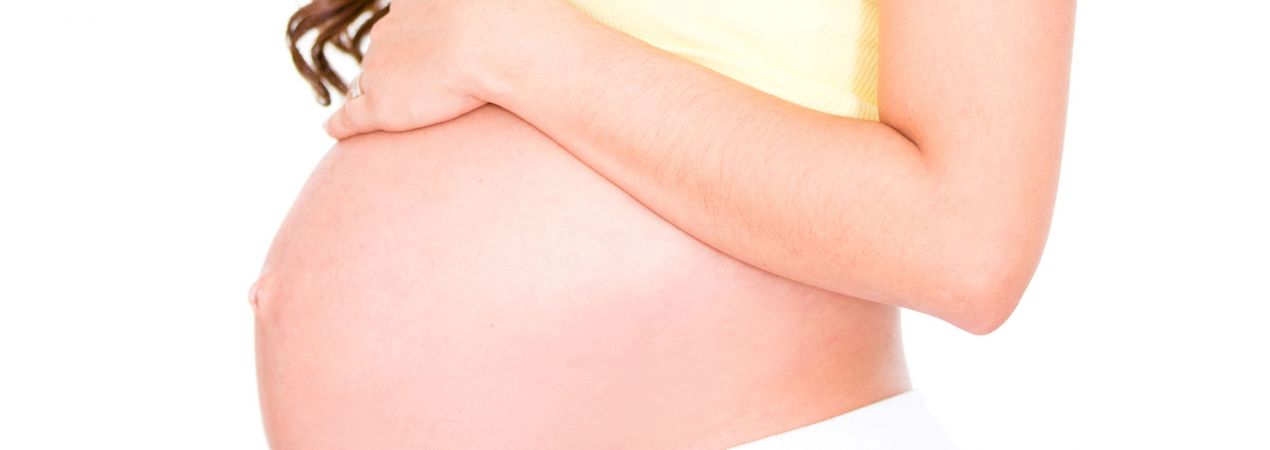Gum care in pregnancy
June 4, 2018 10:06 amHormonal changes occur during pregnancy which affect the gingival tissues as well as the functioning of the tissue cells that surround and support the teeth.
Gum inflammation increases during pregnancy and usually disappears after childbirth. This is known as pregnancy gingivitis or gingivitis gravidarum. As a result, good oral hygiene is essential in order to minimise gingivitis and to prevent the onset of periodontitis. This is because periodontitis may increase the risk of possible alterations in pregnancy such as a preterm delivery, low weight at birth or preeclampsia (hypertension) and eclampsia (convulsions). A visit to the dentist before and during pregnancy will identify, treat and prevent the signs and symptoms of gingivitis gravidarum.
When taking care of your gums during pregnancy, it is advisable to:
- Use a specific toothpaste and mouthwash for gum care which contains a daily antiseptic and is safe to use during pregnancy. Products which contain cetylpyridinium chloride (CPC) will reduce the formation of oral biofilm and the accumulation of bacterial plaque.
- Brush your teeth a minimum of twice a day or after each meal.
- Place the toothbrush at a 45 degree angle towards the gum.
- Use a toothbrush with soft filaments and a small brush head to avoid possible nausea.
- Interproximal hygiene should be performed at least once a day, because cleaning between the teeth is as important as brushing.
- Talk to a dentist or dental hygienist about the oral care routines and techniques which should be followed at home.
References
- Spanish Society of Periodontics and osseointegration. Gingivitis forms clinical prevention and treatment. Oral hygiene manual. (Accessed: 1/12/14).
- The health of the woman goes through the gums. SEPA nº3.
- Agueda A, Ramón JM, Manau C, Guerrera A, Echeverría JJ. Periodontal Disease as a risk factor for adverse pregnancy outcomes: a prospective cohort study. J Clinical Periodontal. 2008 Jan; 35 (1): 16-22.
- Marin C, Segura-Egea JJ, Martínez-Sahuquillo A, Bullón P. Correlaton between infant birth weight and mother’s periodontal status. J Clin Periodontol. 2005 Mar; 32 (3): 299-304.
- Madianos PN, Bobetsis YA, Offenbacher S. Adverse pregnancy outcomes (APOs) and periodontal disease: pathogenic mechanisms. J Clinical Periodontol 2013; 40 (Suppl 14): S170-S180.
- Rioboo M, García V, Serrano J, Herrera D, Sanz M. Clinical and microbiological efficacy of a dentifrice and an antimicrobial mouthwash with 0.05% Cetylpyridinium Chloride for use in patients with gingivitis: a randomized clinical trial. Oral communication of research SEPA Las Palmas 2009.
- García V, Rioboo M, Serrano J, González I, Herrera D, Sanz M. Plaque Inhibitory Effect of a 0.05% CetylPyridinium Chloride Mouthrinse. Oral communication IADR London 2008.
- Jeffcoat M, Parry S, Gerlach RW, et al. Use of alcohol-free antimicrobial mouth rinse is associated with decreased incidence of preterm birth in a high-risk population. Am J Obstet Gynecol 2011; 205: 382.e1-6.
Categorised in: Gum Care












